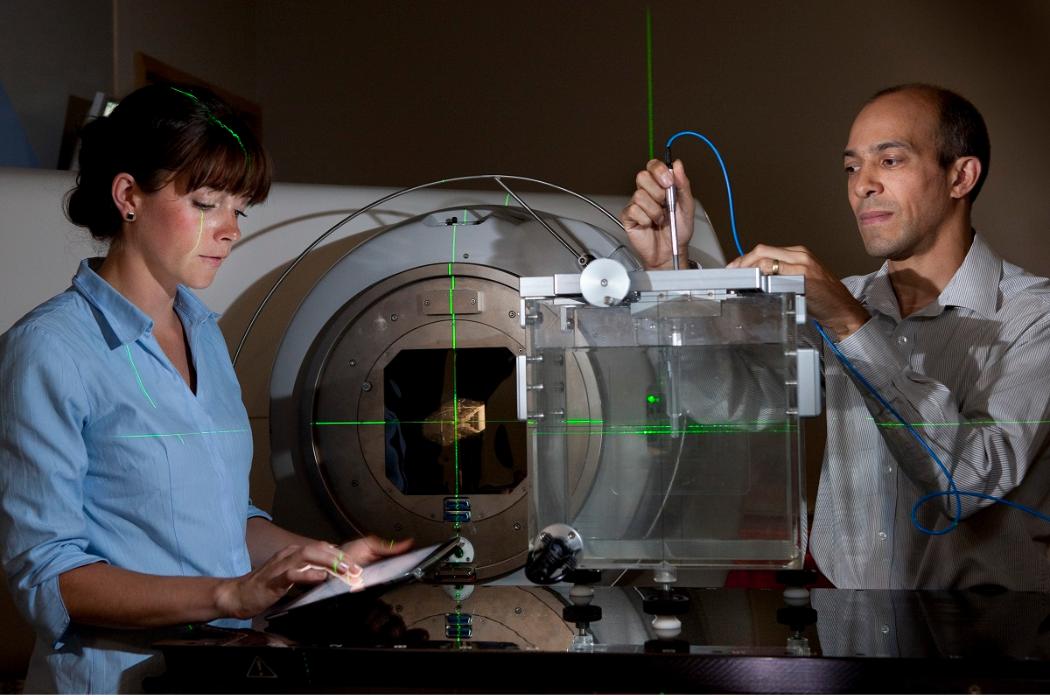Medical Physics
Introduction
Medical Physics applies the concepts and methods of physics to the diagnosis and treatment of human disease.
Modern medicine relies heavily on many physical tools, techniques, and principles which have been developed in the physical sciences. The complexity and precision required in the operation of modern-day diagnostic and therapeutic equipment, and the quest to constantly improve medical technology, has led to the subspecialty of Medical Physics.
A medical physicist applies scientific knowledge and technological skills to help prevent, diagnose, and treat many types of disease and health conditions. They are a mix of research and clinical scientists who play a pivotal role in providing physics support to various areas of the health sector to achieve better outcomes for patients. They also ensure the safety of staff and patients exposed to radiation.
A medical physicist is typically a member of multidisciplinary team and may be involved in several activities relating to diagnosis and/or treatment in radiology, nuclear medicine, or radiation therapy.
UC offers both a clinical and a non-clinical option for Medical Physics. The clinical option is only chosen by students who are currently employed at an Aotearoa New Zealand District Health Board. The two options have an identical course structure and lead equally to potential clinical employment.

